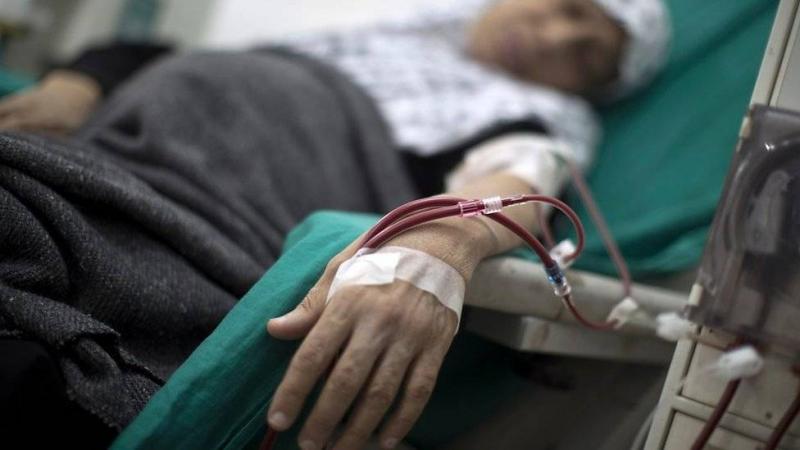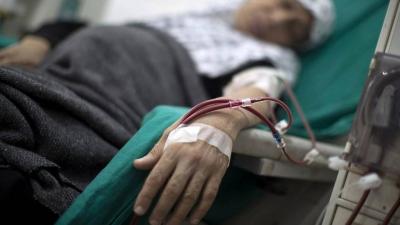The city of Geneina, located in the far west of Sudan and the capital of West Darfur state, has become a grim scene in the expanding war between the Sudanese army and the Rapid Support Forces. The kidney treatment hospital in the city announced that all of its patients died due to a shortage of treatment supplies. Consequently, the city, which takes its name from its abundance of gardens and flowers, is now engulfed in mourning after previously being a symbol of joy, life, and color.
Fierce fighting intensified at night, with flames rising from a massive fire near a military base and fuel depots south of the Sudanese capital, Khartoum. Residents of Khartoum reported that the Sudanese army is fighting to defend an industrial military compound believed to contain large stockpiles of weapons and ammunition in southern Khartoum, close to fuel and gas warehouses at risk of explosion. Witnesses stated that the semi-military Rapid Support Forces attacked the area housing the Yarmouk complex late last night before withdrawing after intense fighting. The sound of clashes continued on Wednesday morning.
The U.S. State Department announced that it, along with partners including Saudi Arabia, is ready to facilitate talks in Sudan if the parties commit to the Jeddah Declaration. Nader Youssef, a resident near Yarmouk, told Reuters over the phone, "Since yesterday, a fierce battle has broken out involving the use of aircraft and artillery, with ground clashes and rising columns of smoke." He explained that due to the proximity of the fuel and gas depots, "any explosion could destroy the population and the entire area."
The conflict has hampered efforts to transition to civilian rule following four years of popular uprising that ousted President Omar al-Bashir. The dispute between the army and the Rapid Support Forces arose after they staged a coup together in 2021 regarding the chain of command and plans to restructure the army during the transitional period.
The chaos from the conflict has led to new waves of violence in the Darfur region, which has long been suffering from unrest, causing the displacement of more than 1.9 million people. Most health services have collapsed, while electricity and water supplies often cut off, and looting is rampant. Activists in Bahri reported that many have been displaced due to repeated water outages lasting more than 50 days, facing the flames of war while searching for water.
More than 1.428 million people have been displaced within Sudan, while 476,800 others have fled to neighboring countries, most of which are already struggling with poverty and internal conflicts, according to estimates released by the International Organization for Migration on Tuesday. The Sudanese Ministry of Health has recorded at least 780 civilian deaths due to the conflict, with hundreds more killed in the city of Geneina in West Darfur.




